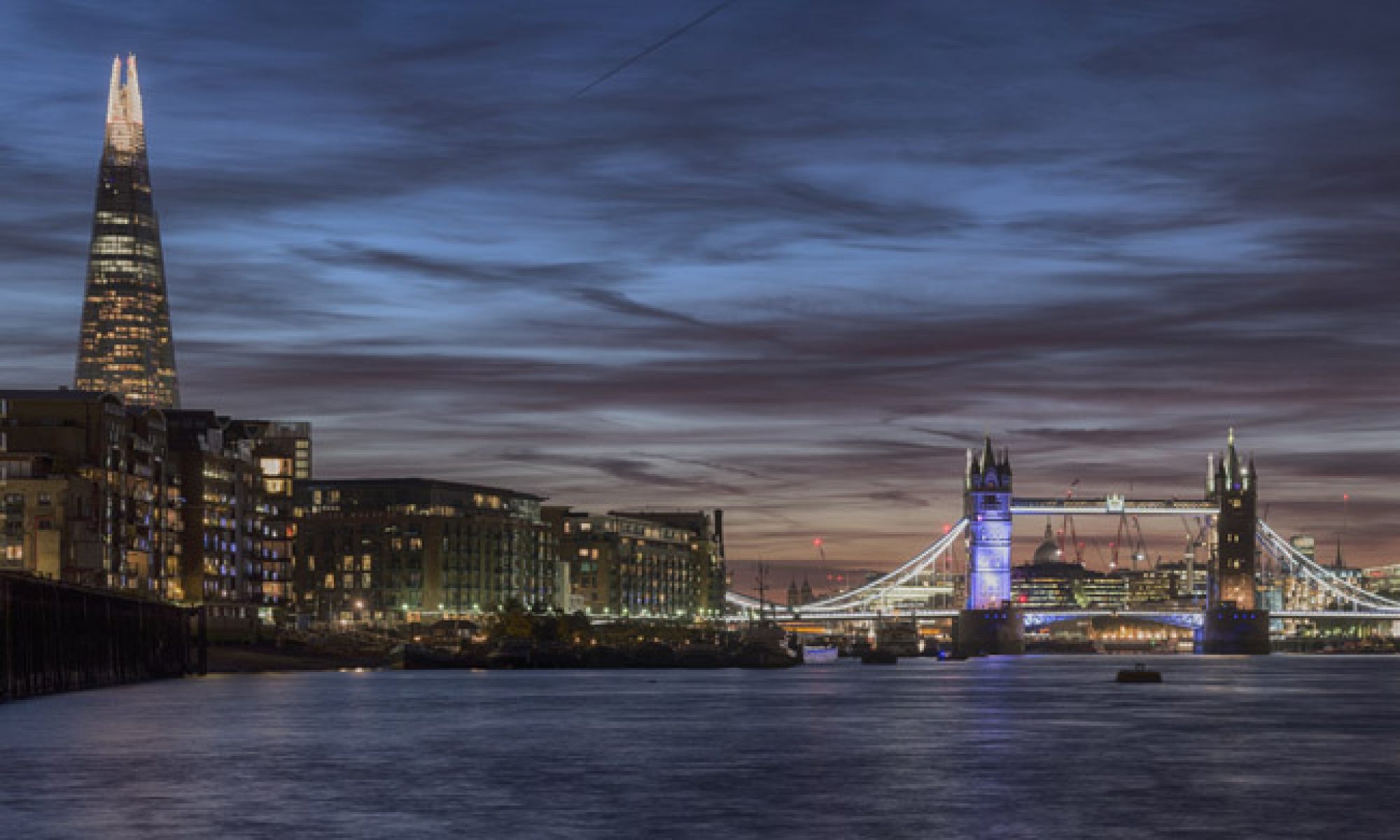Prepositions of place in, on, at
AT
at home, at work, at the office, at school/university, at a party
at certain points: at the bridge, at the junction/crossroads, at the corner
Stations, airport, destinations
The train arrived at Paddington 25min late.
We landed at Heathrow airport 15min ahead of schedule.
Outside and inside of buildings as a meeting point
Be at the cinema at 6 o’clock!
I’ll meet you at the train station in the morning.
The plane is boarding at the gate 6.
Activity in a type of building
There is no good film at the Odeon cinema this weekend.
We were at the Opera last night.
Name of companies
I used to work at M&S.
My mother works at MoD (Ministry of Defence).
He got his dream job at Jaguar.
At sea (sailing), at the seaside
We had a pleasant cruise at the sea.
They’re looking forward to their holiday at the seaside.
Top, bottom
There’s a restaurant at the top of the hill.
The wreck is at the bottom of the sea.
IN
in bed, in hospital, in prison, in the army, in the street(s), in the city centre, in the corner(inside), in the book, in the newspapers
in the sea (in the water) : I swam in the sea on my holiday.
In the sky, in the rain, in a tent, in a hat
Inside buildings and large areas
There are six of us in the office.
There are 3 bedrooms in our flat.
It’s hard to find water in the desert.
Last night he slept on a bench in a park.
When talking about places
She lives in Prague.
They visited a famous gallery called Louvre in Paris.
Small or private means of transport
They will come in a taxi.
She picked me up at my home in her car.
We want to go sailing in a boat.
Countries
Most people in the USA don’t know where Europe is.
Beer in England is completely different to Europeans lagers.
People in Australia like having a BBQ very often.
When describing pictures
You can see two obscure figures in the picture.
The woman depicted in the picture is the artist’s mother.
Four corners of the world
in the south, in the east
in the north, in the west
ON
on the hill, on the roof, on the corner, on foot
On a surface
There are two cups on the table.
Picture is hanging on the wall.
Public transport.
“I’m on a bus, can you call me back later, please?“
She doesn’t like travelling on a train.
I wish I could sleep on a plane to kill some time.
Personal 2-wheel vehicles
on a bicycle
on a motorbike
Place on a line from A to B
Stratford is on the river Avon.
We stopped at Reading on our train journey to Oxford.
Hammersmith station is on Piccadilly line.
When giving directions
Take the second street on the right.
Turn left on the corner.
It’s on your left/right.
Go straight on (keep walking straight ahead).
On TV
What’s on, tonight?
I watched some rubbish on TV last night because I was bored.
Cyberspace
on the Internet, on the website
© www.swotting.eu
